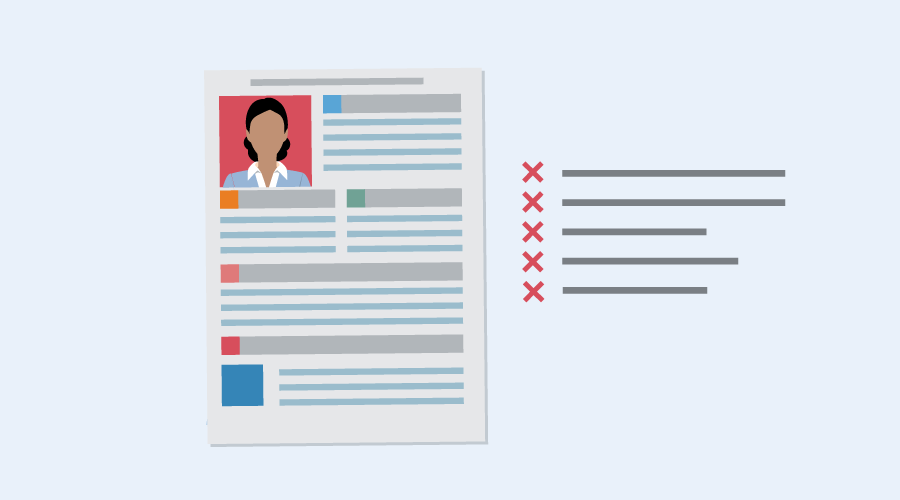What NOT to Put on Your Resume

A recent college graduate is considering adding relevant and substantive evidence of on-campus leadership to her resume. She was a 3-year officer of a very active and visible group on campus, leading efforts to bring in nationally known guest speakers, arranging campus rallies, and posting the group’s activities and viewpoints on a range of social media and web-based sites. The group, by the way, was the leading advocacy organization for gay, lesbian, bisexual, and transgendered students. She has no other leadership roles to list. Should she put this on her resume?
A 35-year old African American CPA is ready to leave public accounting for an in-house accounting role, and is putting his resume together. He was named to the “100 Most Influential African American Residents” list in his home town this year, and is an active fundraiser for his alma mater, Howard University. He was President of his college’s chapter of Alpha Pi Alpha. Should he list these accolades and accomplishments?
While social media may be breaking some of these old rules, when it comes to your resume, we are still not quite there yet with the types of information you reveal. As a rule, do not include information that is illegal for the prospective employer to ask, in addition to other ‘no-nos’. So for now, here’s a list of what not to put on your resume:
Age
Height
Weight
Photo
Marital status
Religious affiliation
Political affiliation
Sexual orientation
Ethnicity
Number of children
Social security number
Salary information
Jobs you held while in high school
Home ownership status
Details about your pets
Negative details such as a criminal record
Early/Unrelated Experience
Minute details about positions held
When reviewing your resume, be sure that it does not reflect:
Unfocused career objective
Irrelevant job experience
Unusual hobbies that have nothing to do with the job being applied for
Unprofessional email addresses
That you were fired from a job and reason for termination
False information
Following these resume writing tips will prevent your resume from being filtered out during the screening process
